How you drive your EV is the most important factor in range maximization and hopefully this article will help you get the most from your EV when you need it to have the longest range possible.

Electric vehicles (EVs) are increasingly growing in popularity. With the modern increases in battery power, EVs are starting to become superior options to their mechanical ancestors; that’s why they’re now very much in the mainstream.
However, like anything, there are ways to extend the life of your vehicle even further by understanding the limitations and weaknesses of the components. Let’s consider what you can do to keep your EV running like new and how you can extend the life of your electric car.
Some EV owners never top off their Lithium-Ion batteries because it takes far longer for the last 10 percent of the battery to charge than it does per watt for the bulk of the charge. In fact, you should never waste your time topping off the battery because the regenerative braking will have no effect on the efficiency if the battery is full. If you need the full range of your car for a long journey, don’t think twice about charging it to full, however, if you know you are only going to do a shorter journey, only top the car up occasionally, or after every few journeys.
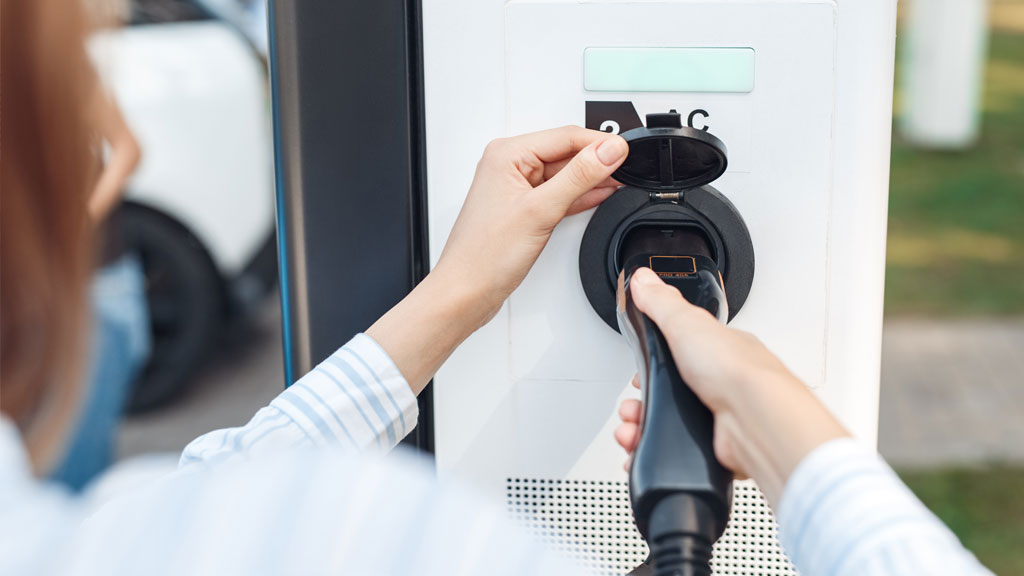
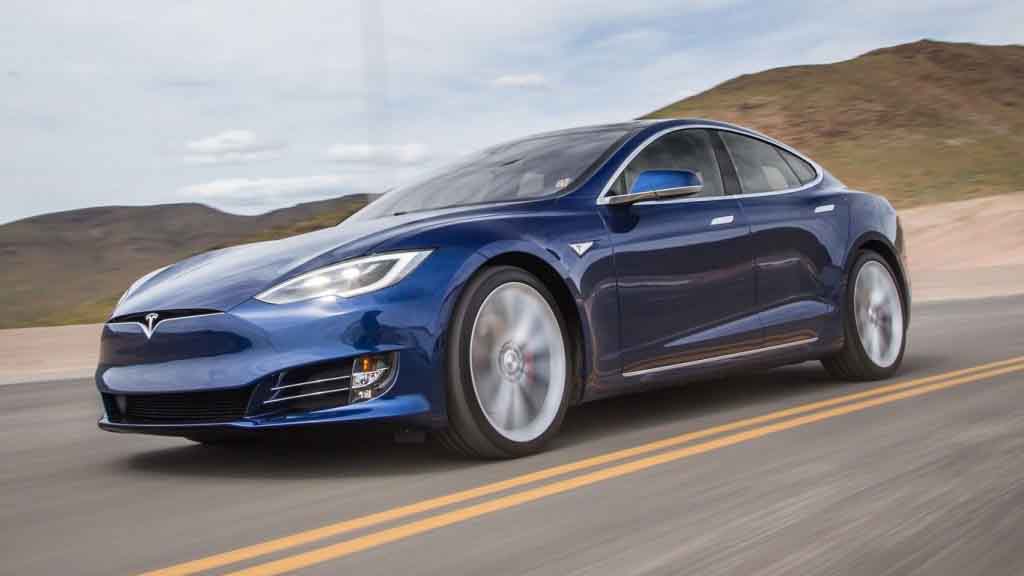
Electric motors run at their peak in city cruising speeds under 35 mph. In fact, the energy consumption is nearly double at 55 mph as it would be at 35 mph. This is why EVs are the perfect city and commuting vehicles. They generate energy with regenerative braking and reach their peak efficiency on short slow trips around town. Nevertheless, you should always try to pace yourself with the flow of traffic and take your time. Aggressive stop-and-go driving wastes energy.
Batteries run better when they are kept cool. Your iPhone will shut down if it overheats. Computers typically have fans to cool the processors because heat increases the resistance in most electrical circuits. Semiconductors are somewhat of an exception because they have high resistance when cold and allow electrons to flow better as they heat up and get excited.
Your EV has a thermal management system that helps to cool the battery packs. However, you can reduce the need for the energy usage and cooling by simply parking your car in a cool shady place.
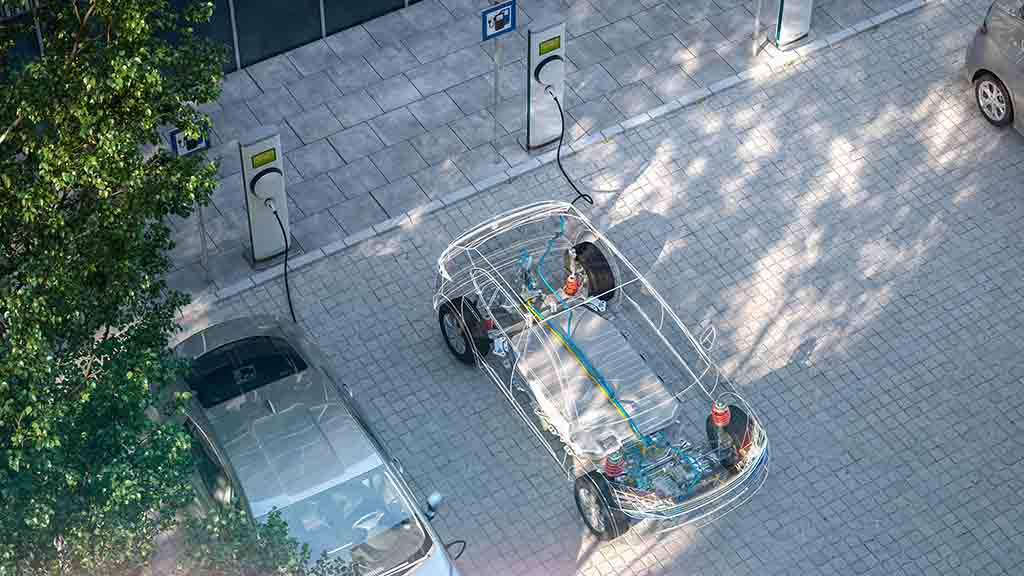
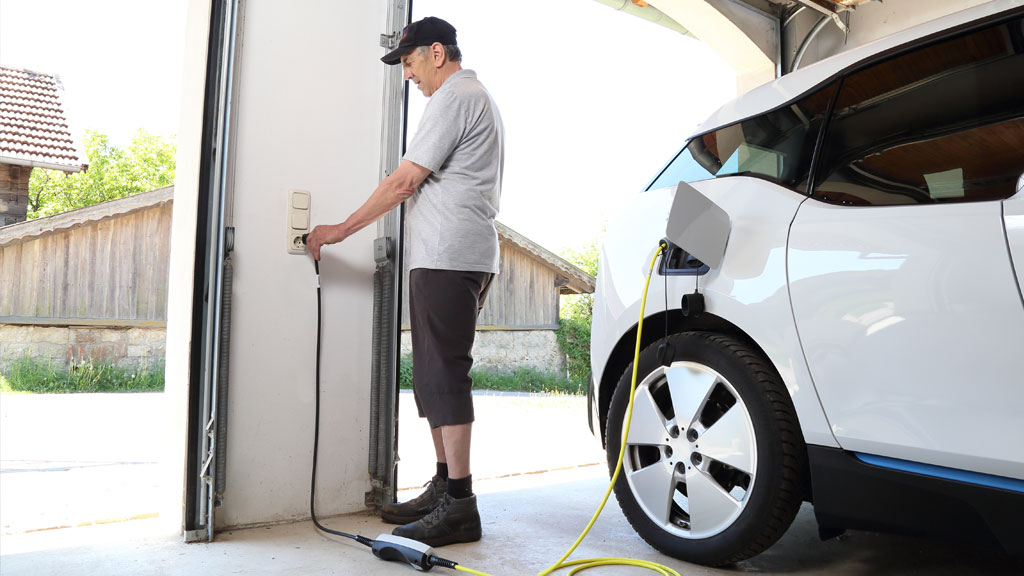
Another way to extend the life of your electric car is to take care when charging in the heat. The Lithium-Ion batteries in your EV will discharge the chemical energy when they are overheated. This means that you should slowly charge your vehicle when it is hot outside and top it off a little more than usual to offset any energy losses from heat dissipation.
While it’s convenient to quick charge your battery, it also reduces the overall life of the battery. This is because it forces too many chemical reactions at once to take place and generates excess heat energy. This heat energy and chaos can gradually alter the electrolyte and chemical balances in the battery, which ultimately reduces the battery’s ability to hold a chemical charge. This is by no means as serious as it sounds and regularly rapid charging your car to do a long journey is not an issue, whereas to charge on a rapid charge all of the time may have some negative battery health consequences.
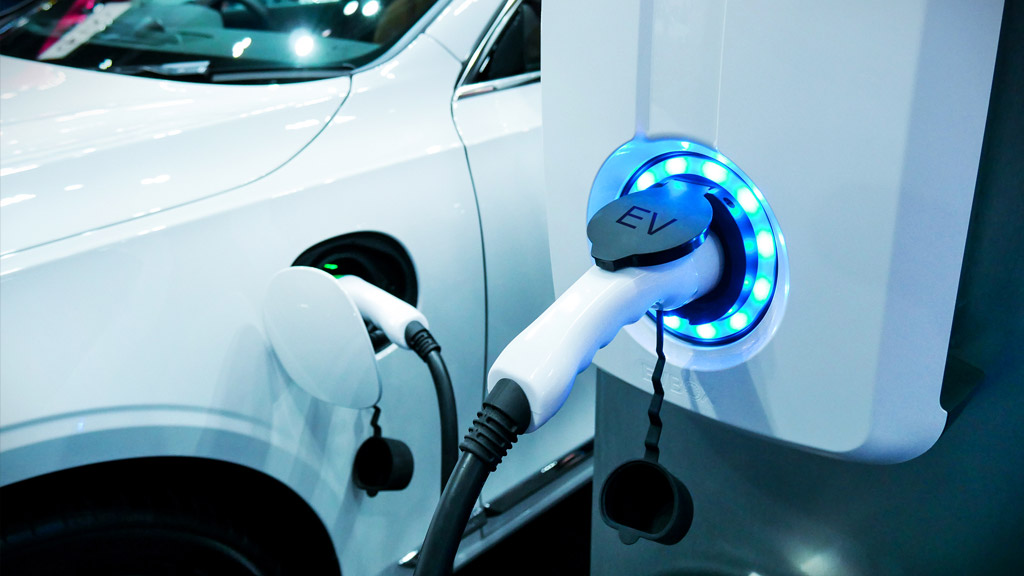
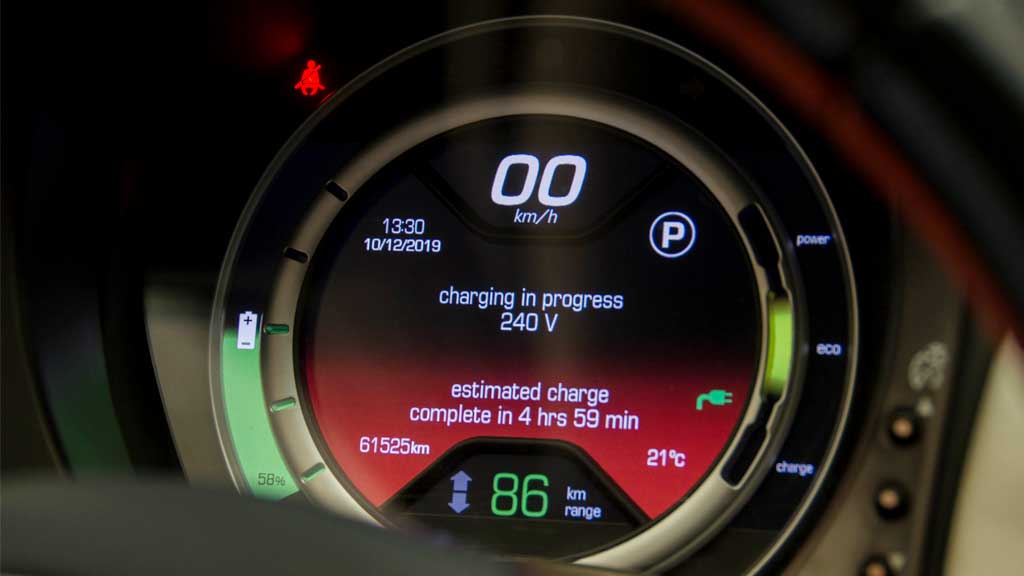
Deep-cycling your battery will also reduce its lifespan. When you let your battery drain too far, it can disrupt the internal chemical balance.
The battery will discharge energy on its own every day and go flat if it is sitting in storage for very long periods of time. The best way to prevent draining the battery is to store the car’s battery up to 50 percent. This way, the battery will never be overloaded or deep-cycled. When you return, you can charge the battery 90 percent and return to your usual routine.
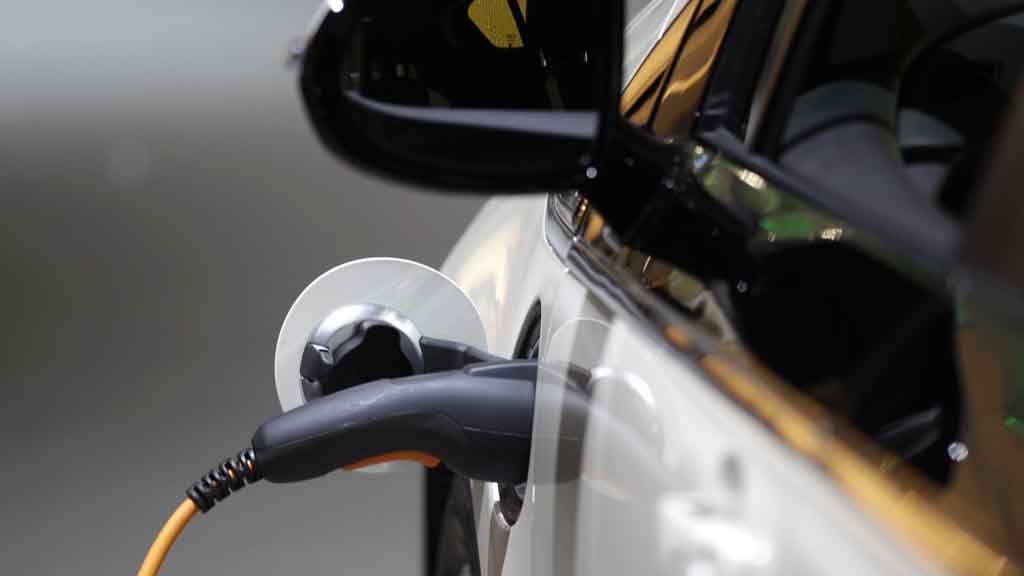
About the Author: Guest writer AnnaBeth Rouse is a keen technical environmental journalist, and we are very grateful for her taking the time to research an write these helpful informative pieces.